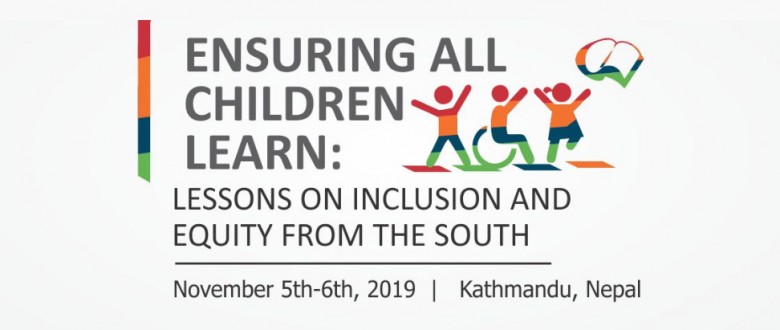
The People’s Action for Learning Network (PAL Network) is a south-south partnership whose member countries work across three continents to assess the basic reading and numeracy competencies of children through citizen-led assessments, in order to provide inclusive and equitable data to inform citizen-led action to improve learning.
As national and global level conversations about learning shift from wide acceptance of the global learning crisis to evidence-based and contextually relevant solutions to ensure that no child is left behind, members of the PAL Network will hold a two-day biennial conference in November 2019 in Kathmandu, Nepal.
The conference will:
- Explore known data gaps and under-researched equity and inclusion issues for invisible and vulnerable populations across the global South, to build a strong knowledge and evidence base on the dimensions and magnitude of the challenge;
- Share data-driven implementation programs and initiatives, using learning data to identify and promote promising, evidence-based, equity-oriented pedagogical solutions to ensure all children are in school and learning;
- Provide an active learning forum that connects key researchers, practitioners, policymakers, and civil society actors across the global South, catalyzing learning, sharing and knowledge exchange.
Senior Education Advisor of VVOB, Line Kuppens, will present a paper: "Scaling Teaching at the Right Level: Insights from the Catch-Up Literacy and Numeracy Intervention in Zambia". You will find her in SheeshMahal Hall # 1, on November 6th 2019 at 10:00am.
Scaling Teaching at the Right Level: Insights from the Catch-Up Literacy and Numeracy Intervention in Zambia
Abstract
While primary school enrolment increased substantially over the last decade, globally learning outcomes remain low. 64% of grade 2 learners in Zambia, illustratively, cannot read a single word in a short text. This is a cause of concern as learning arrears built up in the early grades are likely to persist in time. Developed by Pratham in India, the Teaching at the Right Level (TaRL) methodology contributes to curbing the learning crisis. TaRL enables grade 3 to 5 learners to acquire basic skills in numeracy and literacy by grouping them according to their performance instead of age, and by using learner-centred pedagogies. In 2016/2017, the Ministry of General Education, together with Innovations for Poverty Action Zambia, J-PAL Africa, Pratham, USAID Development Innovation Ventures, USAID Zambia Mission, UNICEF and VVOB – education for development piloted the TaRL-strategy in Zambia. Because of its success, the so-called “Catch Up” intervention is now incrementally rolled out in the country’s Eastern and Southern provinces and will reach 1,800 schools by 2020. Each year, grade 3 to 5 learners are assessed at base-, mid- and end-line. In 2018, after one term of daily TaRL sessions (+-30/20 hours in literacy/numeracy), the percentage of learners able to read a simple paragraph or story increased by 10 percentage points (p.p.) (from a base of 44%); while the percentage of learners able to subtract two-digit numbers went up by 14 p.p. In 2019, there was an increase of 9.5 and 10.5 p.p. (from respective bases of 32.7% and 26.8%) after one term in the percentage of learners able to read a simple paragraph and able to subtract two-digit numbers respectively. Although very positively received, classroom observations and in-depth discussions with key education actors exposed three threats to long-term sustainability: (1) transport costs obstruct teacher mentoring and monitoring of compliance; and (2) absenteeism and attrition among trained teachers, (3) as well as difficulties to schedule Catch Up sessions in schools with the double-shift system affect Catch Up delivery.




